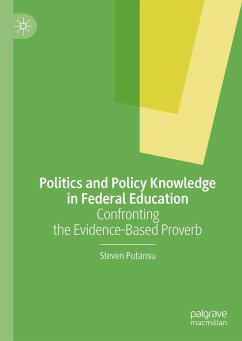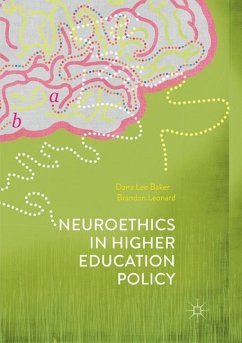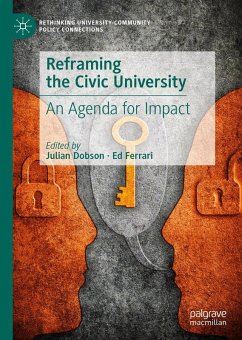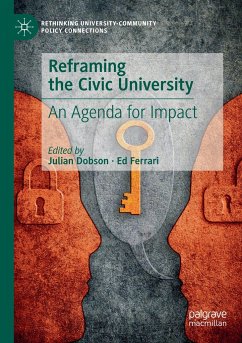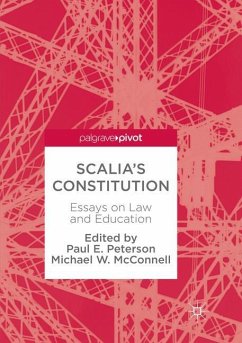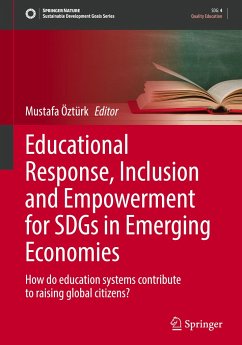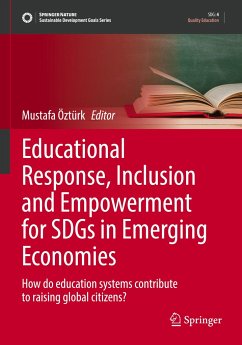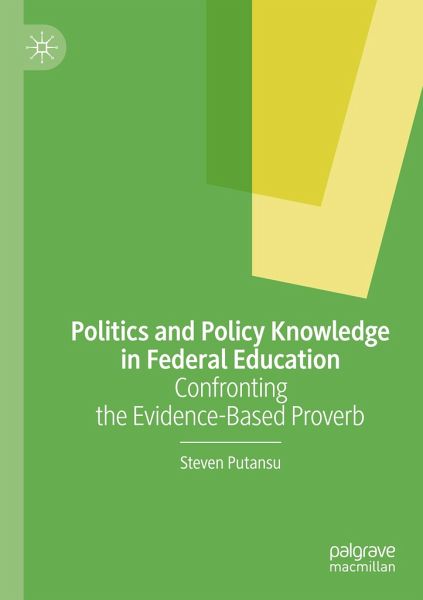
Politics and Policy Knowledge in Federal Education
Confronting the Evidence-Based Proverb
Versandkostenfrei!
Versandfertig in 6-10 Tagen
53,49 €
inkl. MwSt.
Weitere Ausgaben:

PAYBACK Punkte
0 °P sammeln!
Policy knowledge derived from data, information, and evidence is a powerful tool for contributing to policy discussions and debates, and for understanding and improving the effectiveness, efficiency, and equity of government action. For decades, politicians, advocates, reformers, and researchers have simultaneously espoused this value, while also paradoxically lamenting the lack of impact of policy knowledge on decision making, and the failure of related reforms. This text explores this paradox, identifying the reliance on a proverb of using policy knowledge to supplant politics as a primary c...
Policy knowledge derived from data, information, and evidence is a powerful tool for contributing to policy discussions and debates, and for understanding and improving the effectiveness, efficiency, and equity of government action. For decades, politicians, advocates, reformers, and researchers have simultaneously espoused this value, while also paradoxically lamenting the lack of impact of policy knowledge on decision making, and the failure of related reforms. This text explores this paradox, identifying the reliance on a proverb of using policy knowledge to supplant politics as a primary culprit for these perceived failures. The evidence in this book suggests that any consideration of the role of policy knowledge in decision making must be considered alongside, rather than in place of, considerations of the ideologies, interests, and institutional factors that shape political decisions. This contextually rich approach offers practical insights to understand the role of policy knowledge, and to better leverage it to support good governance decisions.





